I am currently developing a C# application with SAP NCo 3. I am wondering if I could invoke BAPI into CUA and this BAPI would pass details to child system.
This field is available through Test Function Module (field "RFC target sys"), but it is unavailable directly in standard BAPIs when accessed from SAP NCo.
In ABAP, devs can use:
call function 'BAPI_USER_CHANGE' destination '<TARGET_SYS>'
Can I use something similar in NCo library?
IRfcFunction rfcs = rfcDest.Repository.CreateFunction("BAPI_USER_CHANGE");
Does anybody know how this could be achieved?
Main intent is to reset user passwords to initial ones through App(BAPI) --> CUA --> ChildSystem
Without direct access into child systems.
